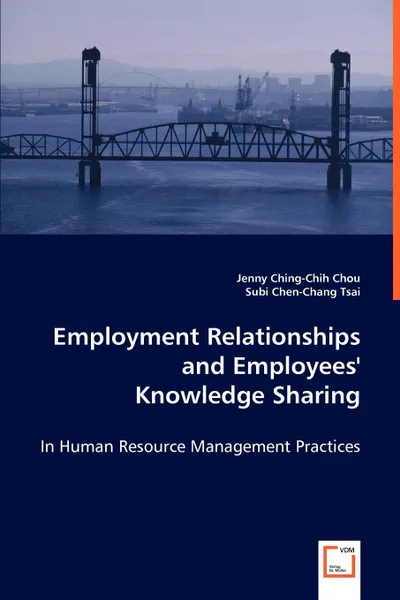Employment Relationships and Employees' Knowledge Sharing 12+
2008
80 страниц
Категория: Менеджмент и управление
ISBN: 9783639006957
Язык: Английский
📒 Knowledge sharing has become an important issue in knowledge management. Here, we reclassify knowledge according to its social value and economic value. In practice, many organizations regard employee's knowledge as an intangible asset. However, most people think, knowledge is their competitive advantage. If they share their knowledge with other people, they may lose their competitive ability and thus are often unwilling to share their knowledge.This book investigates into how human resource management practices influence the employees' knowledge sharing behavior and intention with respect to the social and economic value of the knowledge. Furthermore, we give evidence for the correlation between different employment contract types and employees' knowledge sharing behavior and intention with respect to socially valuable or economically valuable knowledge. It is important that we provide organizations a way to encourage their employees to contribute their knowledge to the organization. It should be useful to professionals in Knowledge Sharing field, practitioner in human resource management, or anyone else who may be interested in knowledge sharing.
Мнения
